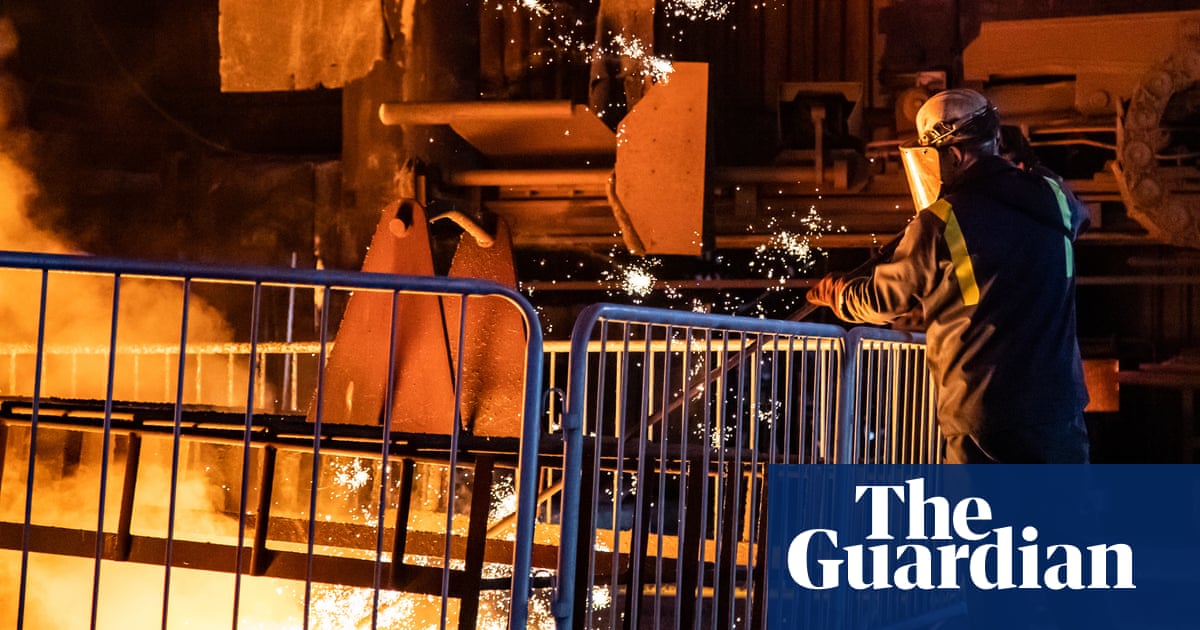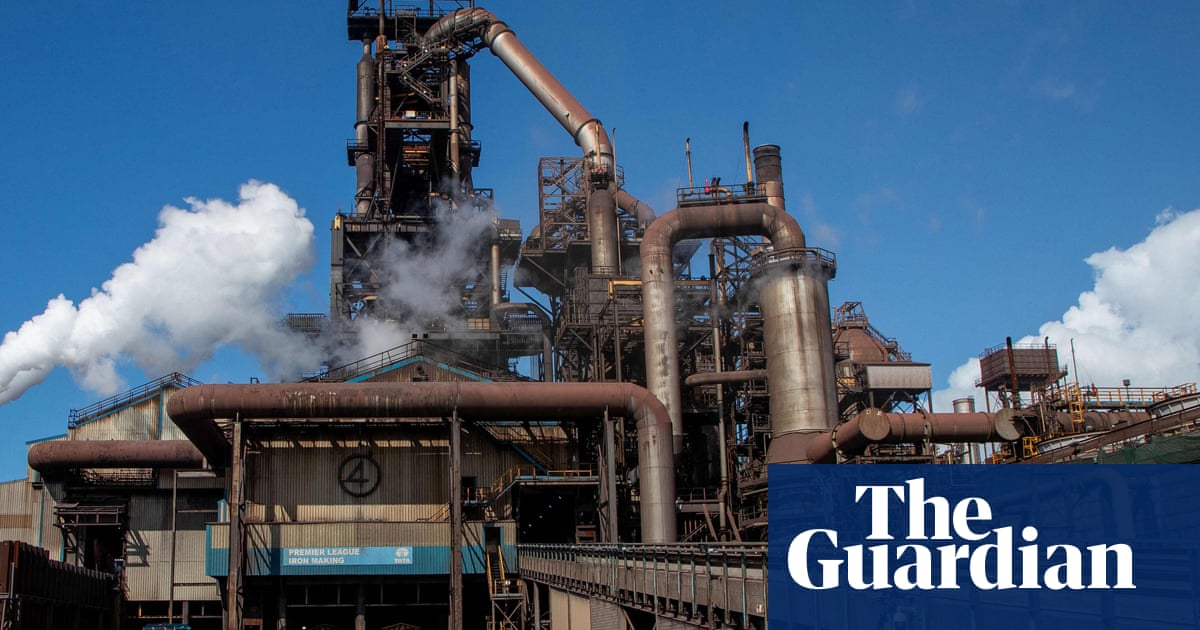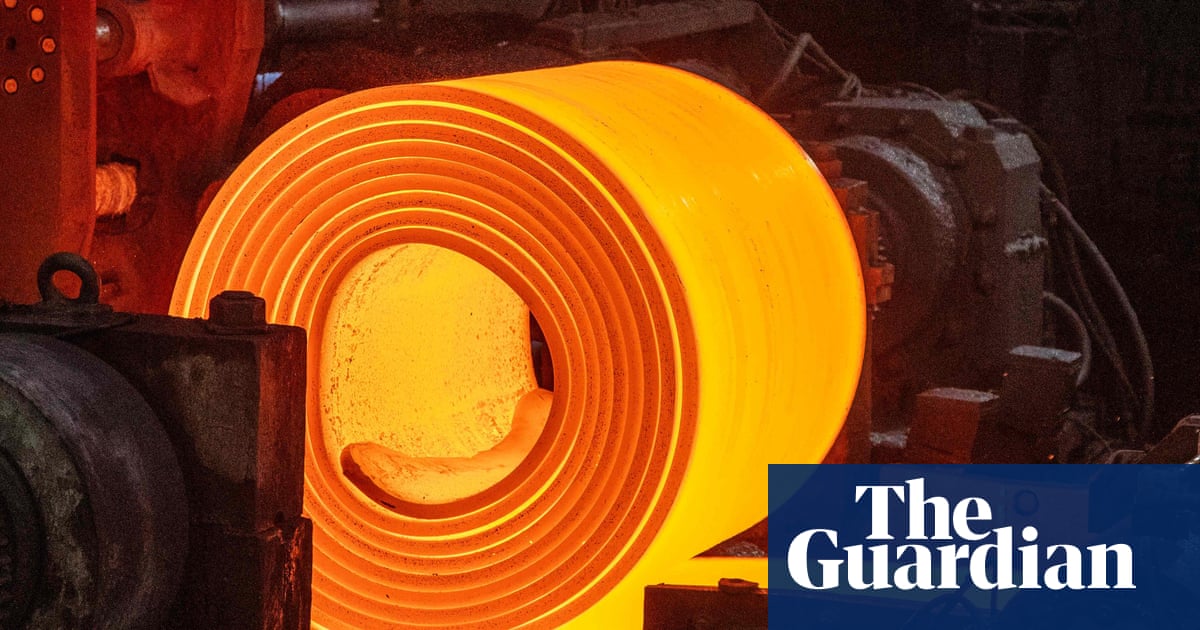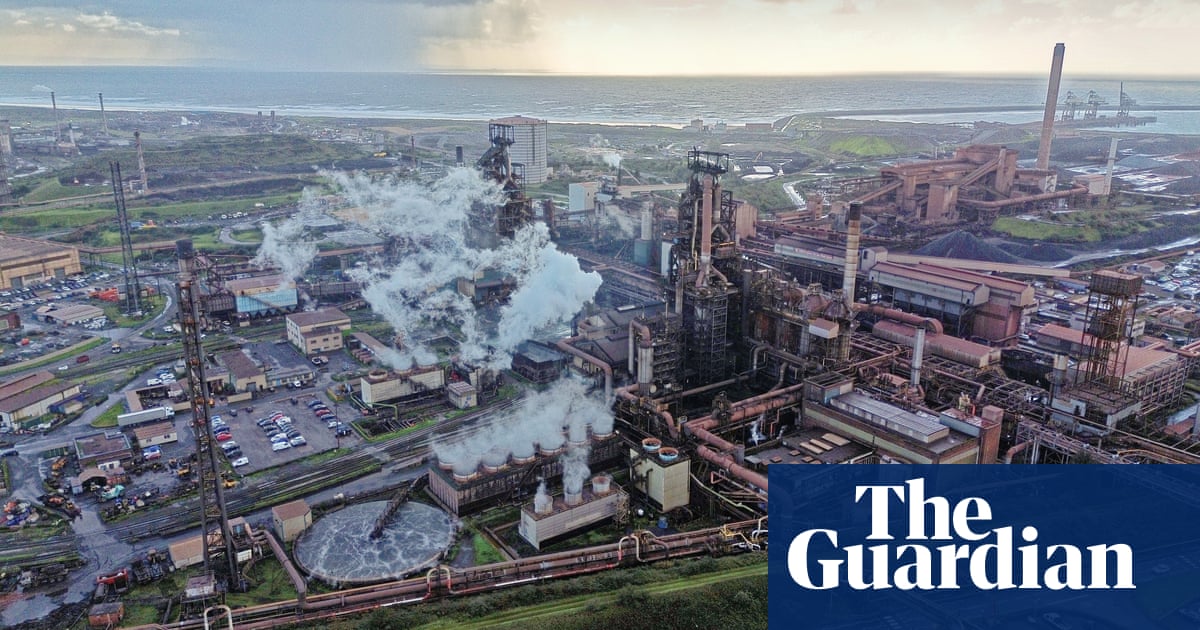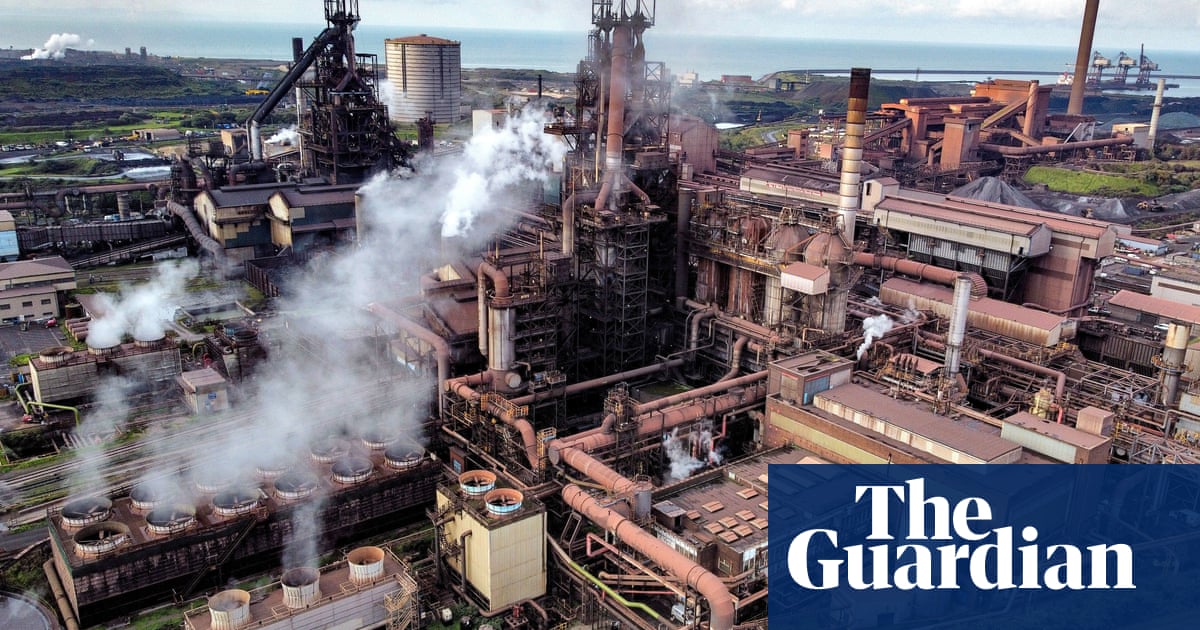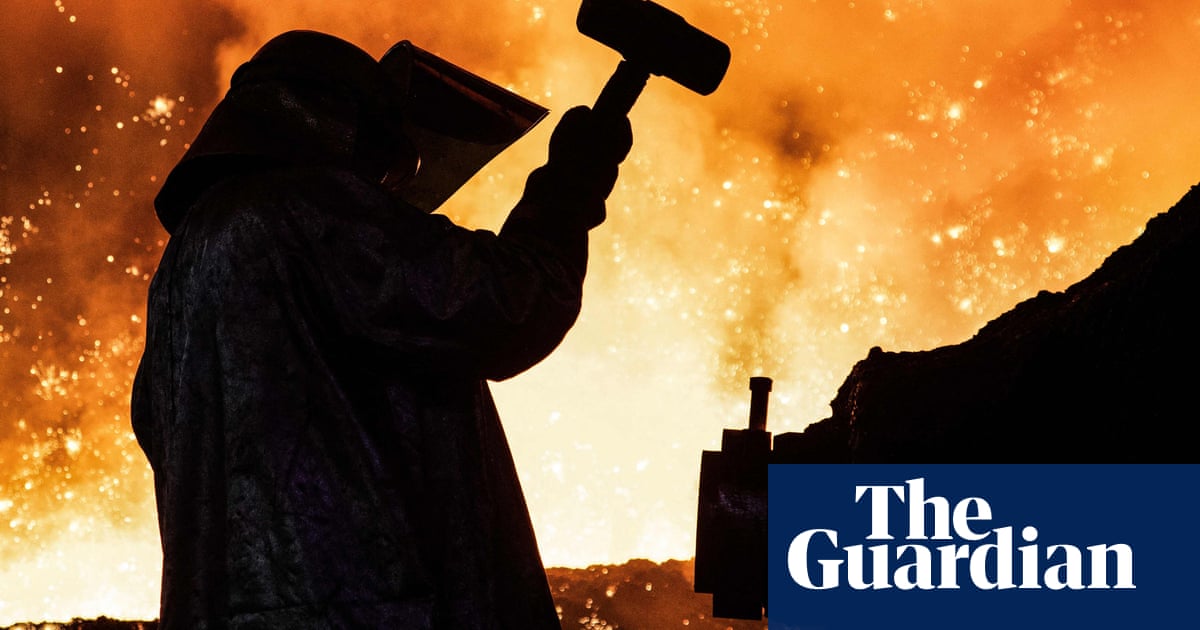
Tata Steel would push ahead with thousands of job losses at its Port Talbot site even with hundreds of millions of pounds of subsidies being promised by Labour, sources close to the company have said.
People familiar with the company’s plans say the money being promised by Labour if it wins the election would not prevent wide-scale job losses at the site, where Tata says it is losing £1m a day.
The Indian-owned company is planning to make as many as 2,800 people redundant at the site as it closes its blast furnaces and replaces them with a less polluting electric one, a decision which shadow ministers say could cause decades of economic damage.
One source described the idea of keeping one blast furnace open while building an electric one, as proposed by Labour and trade unions, as “almost impossible to achieve”. The company has previously described the proposals as not “feasible or affordable”, but shadow ministers had hoped to persuade executives to change their minds with the promise of more public subsidies under a Labour government.
Labour has put supporting the Port Talbot site at the heart of its industrial policy.
Last year Keir Starmer, the Labour leader, visited the steelworks to promote his plan for green steel, which he said would “bring growth and economic security”. Starmer said: “Our plans to get Britain building again will mean fuller order books and security for both industry and worker.”
As part of that plan, the party has promised to spend £3bn to incentivise clean steel manufacturing across the country, a portion of which the party has promised will go to Port Talbot in the hope of keeping the steelworks open beyond the end of this year.
Jonathan Reynolds, the shadow business secretary, met Natarajan Chandrasekaran, the chair of Tata Sons, in Mumbai last month to urge him to keep the steelworks open longer.
“That is a priority for us,” Reynolds told the Financial Times at the time. “If it needs capital expenditure, we are willing to look at it.” Other Labour figures have urged the company not to make any “irreversible decisions” before an election.
Despite Labour’s promises of extra money, Tata is pushing ahead with its plans to close the plant while it builds a new electric arc furnace.
The new furnace will be more efficient and less polluting, but the three-year closure will result in up to 2,800 jobs being lost as a direct result, as well as more in the wider community and supply chain.
About 200 jobs will be kept in the hot strip mill, where workers roll steel slab, while other temporary roles will be created to build the new furnace. The company hopes to employ more than 1,000 people at the site when it reopens in around three years’ time but many are worried about the economic damage that will be done by making so many people redundant in the interim.
Tata has recently extended a 45-day consultation with unions over when and how the redundancies will be made, but has still not announced the results of that. Some at the site and in the Labour party are hoping there is still time for the company to change its mind before beginning to lay people off.
Last weekend Jo Stevens, the shadow Wales secretary, said the economic and social fallout could be on a par with that caused by the deindustrialisation of the 1980s.
“If these jobs are lost, Port Talbot probably loses its identity,” she told the Guardian during a visit to the steelworks. “There’s a very proud history of steelmaking here … and the danger is that there is nothing here to replace it.”
A Labour party spokesperson said on Monday: “Our £3bn total commitment over five years is there to galvanise a strong future for the UK steel industry, including Port Talbot, to protect jobs, our ability to make primary steel and transition sustainably to green steel making.
“The government has said that no one will be left behind if there are redundancies. We will be holding them to account on that every step of the way.”
Last week the company caused further anger among Port Talbot steelworkers when it unexpectedly closed the last coke oven at the site earlier than planned, citing health and safety concerns.
The closure of the oven, where coal was processed for use in the furnaces, means coke will have to be brought into the plant from elsewhere, most likely overseas. Some workers worry the company will struggle to source the materials it needs and that the closure of the entire plant will be brought forward as a result.
The company has not ruled out building a hydrogen-powered plant to create iron for use in the electric furnace in the future, which would reduce its long-term reliance on imported raw materials.




